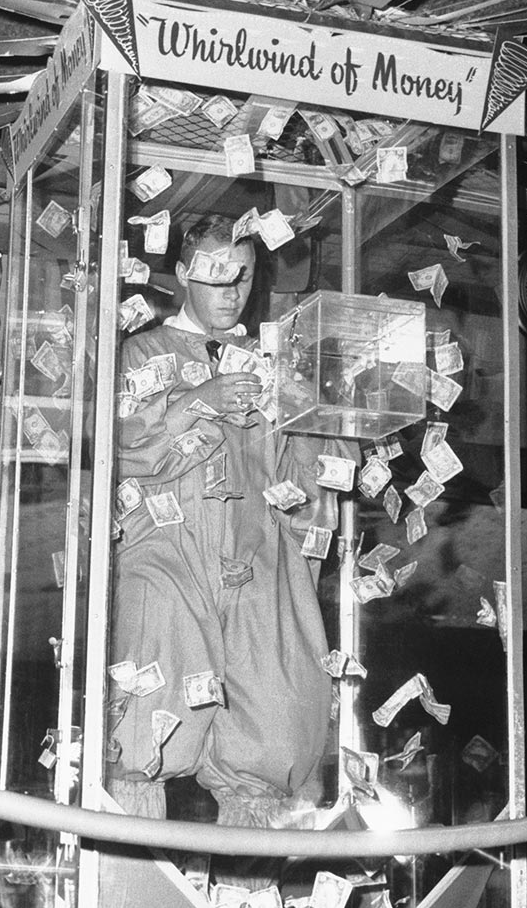2007年4月13日 借巴黎魅力吸引中企上市
|
前景兴旺的中国和印度公司早就习惯了海外投资银行家的登门拜访,但过去两年间,它们开始接待另一类型的访客,那就是想要拉拢它们前去首次公开发行(IPO)的各家海外证券交易所。 Promising Chinese and Indian companies have long been accustomed to foreign investment bankers knocking on their doors, but over the past two years they have started to receive another type of visitor - overseas stock exchanges wanting to host their initial public offerings. That courtship is about to get more intense after the completion last week of the deal between the New York Stock Exchange (NYSE) and Euronext to create the first ever transatlantic stock exchange. NYSE Euronext has set itself the target of attracting IPOs from emerging Asian companies, notably from India and China, which it hopes to lure with the prospect of listings in both the US and Europe. By moving NYSE's global listings division to Paris, the exchange plans to win business from foreign issuers who have decided in recent years to avoid the US because of the litigation risks and what some feel is excessive red tape, including parts of the Sarbanes-Oxley regulations. Although the idea of a Paris listing has so far not attracted many Indian or Chinese entrepreneurs, the NYSE has already built up a significant presence in the region. There are 11 Indian companies on the NYSE including well-known outsourcing and IT groups such as Wipro and 34 companies from greater China, including the 2004 listing of Suntech, the solar panel-maker. However, the new exchange is facing fierce competition from a number of other global exchanges which have already established strong franchises among companies from India and China. Chinese companies have long looked outside the mainland to raise funds - there were 250 overseas listings by Chinese firms over the past three years; however, their preferred market has been Hong Kong. In recent years Chinese companies have raised more money in Hong Kong than they have on the mainland exchanges in Shanghai and Shenzhen. The most high-profile IPOs have been by large state-owned companies but smaller private companies have also increasingly looked to Hong Kong. "There are big cultural reasons for going to Hong Kong," says Michael Kang, managing director of Zero2IPO, a Chinese financial advisory firm. "Companies feel that investors in Hong Kong will understand them better." Singapore has attracted more than 100 Chinese companies, while London's Alternative Investment Market (Aim), a sub-market of the London Stock Exchange, has also seen a steady flow of small private Chinese companies. Nasdaq has also been popular among hi-tech and internet companies. The biggest obstacle could be the revival in the mainland market over the past 18 months. Chinese regulators want to attract more high-profile listings to Shanghai and Shenzhen and have become much less keen to let some Chinese companies go overseas. India-focused companies have also begun to take a stronger interest in overseas stock exchanges, such as London's Aim, in a bid to sidestep India's regulatory hurdles and gain a higher profile among investors. Ten India-focused companies listed on Aim last year compared with three in 2005, of which eight were property-related groups. Three have debuted on Aim so far this year, including Dev Property Development and Naya Bharat Property, which issued £138m ($272m) and $60m respectively. Interest is especially keen among Indian ompanies from emerging sectors such as real estate, infrastructure and energy. Companies are leaning towards Aim because its listing criteria are perceived to be less rigorous than that of the LSE. US and UK real-estate funds dedicated to investment in India are also looking to Aim. Trinity Capital last year raised £250m on Aim; Eredene Capital raised £57m and India Hospitality Corp raised $100m to buy hotels in India. |








